Charities and the royals: a mixed history
As Prince Harry quits the charity he founded, what's the value of royal patronage?
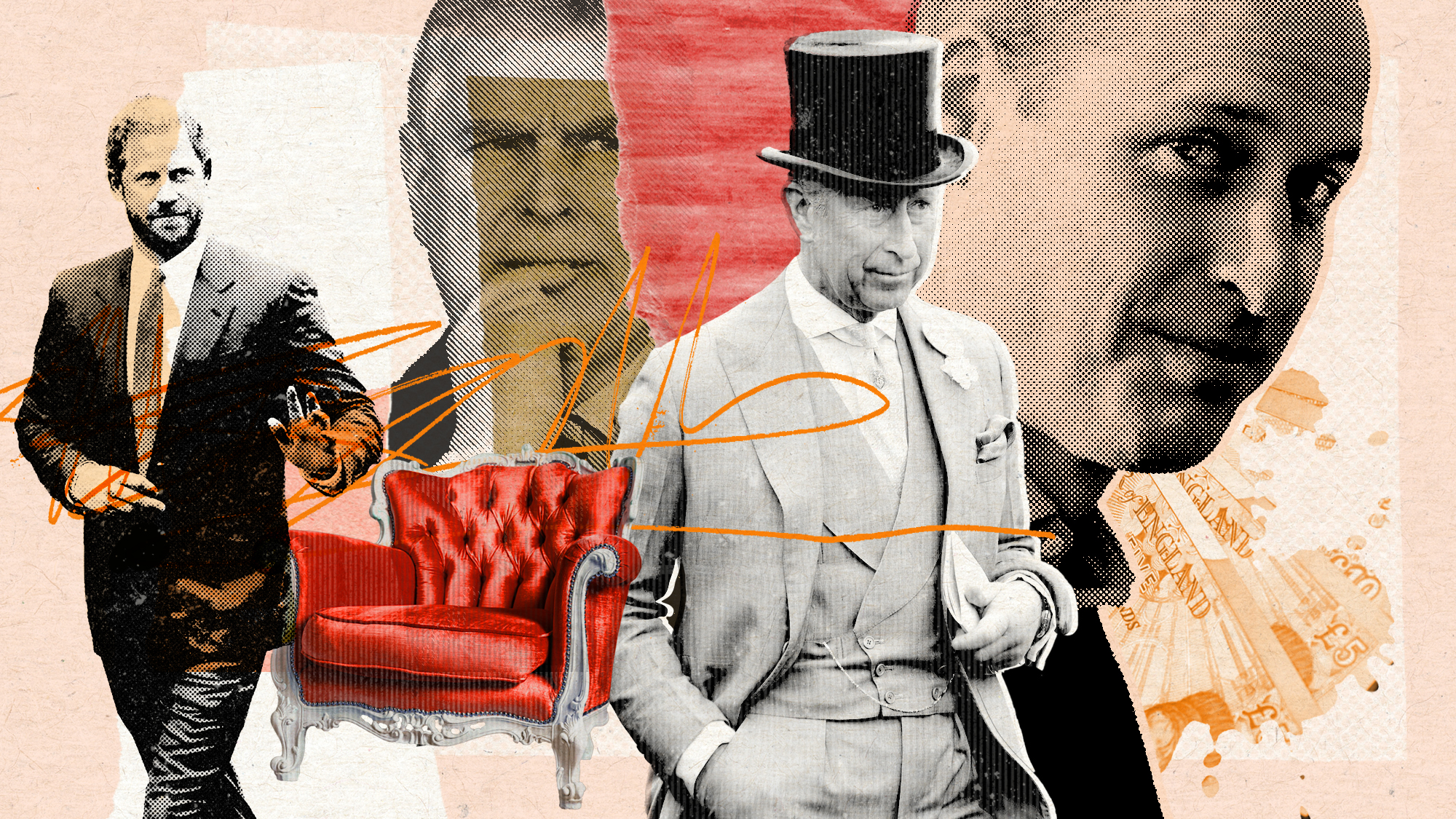
A free daily email with the biggest news stories of the day – and the best features from TheWeek.com
You are now subscribed
Your newsletter sign-up was successful
The Duke of Sussex has resigned from a charity he set up in honour of his late mother, after a row between the trustees and the chair of its board.
Prince Harry co-founded Sentebale in 2006, to help people in southern Africa living with HIV and Aids. He has stepped down after the charity's chair took legal action over being asked to resign, and relationships between her and the trustees "broke down beyond repair".
His "devastating" exit is the latest chapter in a mixed history of ties between the royals and the charity sector.
The Week
Escape your echo chamber. Get the facts behind the news, plus analysis from multiple perspectives.

Sign up for The Week's Free Newsletters
From our morning news briefing to a weekly Good News Newsletter, get the best of The Week delivered directly to your inbox.
From our morning news briefing to a weekly Good News Newsletter, get the best of The Week delivered directly to your inbox.
What's the history with royals and charities?
The first recorded patronage of a charity by a member of the royal family was George II's involvement with the Society of Antiquaries in the 18th century – a tie that continues to this day, with the Duke of Gloucester as the current royal patron. Patronages are often handed down within the royal family: every monarch has been patron of the Royal National Lifeboat Institution, for example, since King George IV took on the role in 1824.
Currently, over 1,000 organisations have a royal patron or president. The engagements and events they attend "draw in other well-connected donors and celebrities", Rob Cope, director of Remember A Charity, told the BBC. There's "no doubt" that royals "drive millions and millions of pounds" to the charity sector every year.
A royal connection is also an "endorsement" that a charity's work is "reputable and high quality", Cathy Pharoah, professor of charity funding at Sir John Cass Business School, City University, London, told the broadcaster.
The royal family say their charitable ties allow them to meet people "from a wide spectrum of national and local life", and "to learn more about the challenges they face". Their patronages "often reflect the interests" of the royal involved, and some royals, like Prince Harry, have launched their own charities. Among these, the best known are probably The Duke of Edinburgh's Award scheme and The King's Trust (originally The Prince's Trust), which helps disadvantaged young people and has, it claims, created "£1.4 billion in value to society" over the last 10 years alone.
A free daily email with the biggest news stories of the day – and the best features from TheWeek.com
What happens to the charities when royals go rogue?
When royals face lurid allegations in the media, this can make life uncomfortable for the charities they're tied to. When the Duchess of York was "all over the tabloids" in the early 1990s, the Motor Neurone Disease Association "considered breaking with her", Stephen Cook, editor of Third Sector magazine, told the BBC.
And when Prince Andrew faced a civil action in the US over sexual assault allegations, which he has denied, he was stripped of all his charity patronages. He'd once held around 200 of them, including with the Royal Philharmonic Orchestra, the English National Ballet and the RNID.
Have there been any other issues?
Last year, King Charles and Prince William were accused of taking millions of pounds in rent, through their private estates, from a number of organisations, including cash-strapped charities.
A joint investigation by The Sunday Times and Channel 4's "Dispatches", found, for example, that William's Duchy of Cornwall owns Camelford House, a 1960s tower block on the banks of the Thames, known as "Charity Towers" because so many charities rent offices there. Under a sub-letting agreement, the Duchy has received £22 million since 2005 in rents paid by the building's tenants.
A spokesperson said the Duchy of Cornwall is "a private estate with a commercial imperative" but The Observer wondered how long we will "stomach sermons from royals made rich by their own charities".
Chas Newkey-Burden has been part of The Week Digital team for more than a decade and a journalist for 25 years, starting out on the irreverent football weekly 90 Minutes, before moving to lifestyle magazines Loaded and Attitude. He was a columnist for The Big Issue and landed a world exclusive with David Beckham that became the weekly magazine’s bestselling issue. He now writes regularly for The Guardian, The Telegraph, The Independent, Metro, FourFourTwo and the i new site. He is also the author of a number of non-fiction books.
-
 Switzerland could vote to cap its population
Switzerland could vote to cap its populationUnder the Radar Swiss People’s Party proposes referendum on radical anti-immigration measure to limit residents to 10 million
-
 Political cartoons for February 15
Political cartoons for February 15Cartoons Sunday's political cartoons include political ventriloquism, Europe in the middle, and more
-
 The broken water companies failing England and Wales
The broken water companies failing England and WalesExplainer With rising bills, deteriorating river health and a lack of investment, regulators face an uphill battle to stabilise the industry
-
 Why is Prince William in Saudi Arabia?
Why is Prince William in Saudi Arabia?Today’s Big Question Government requested royal visit to boost trade and ties with Middle East powerhouse, but critics balk at kingdom’s human rights record
-
 Will Beatrice and Eugenie be dragged into the Epstein scandal?
Will Beatrice and Eugenie be dragged into the Epstein scandal?Talking Point The latest slew of embarrassing emails from Fergie to the notorious sex offender have put her daughters in a deeply uncomfortable position
-
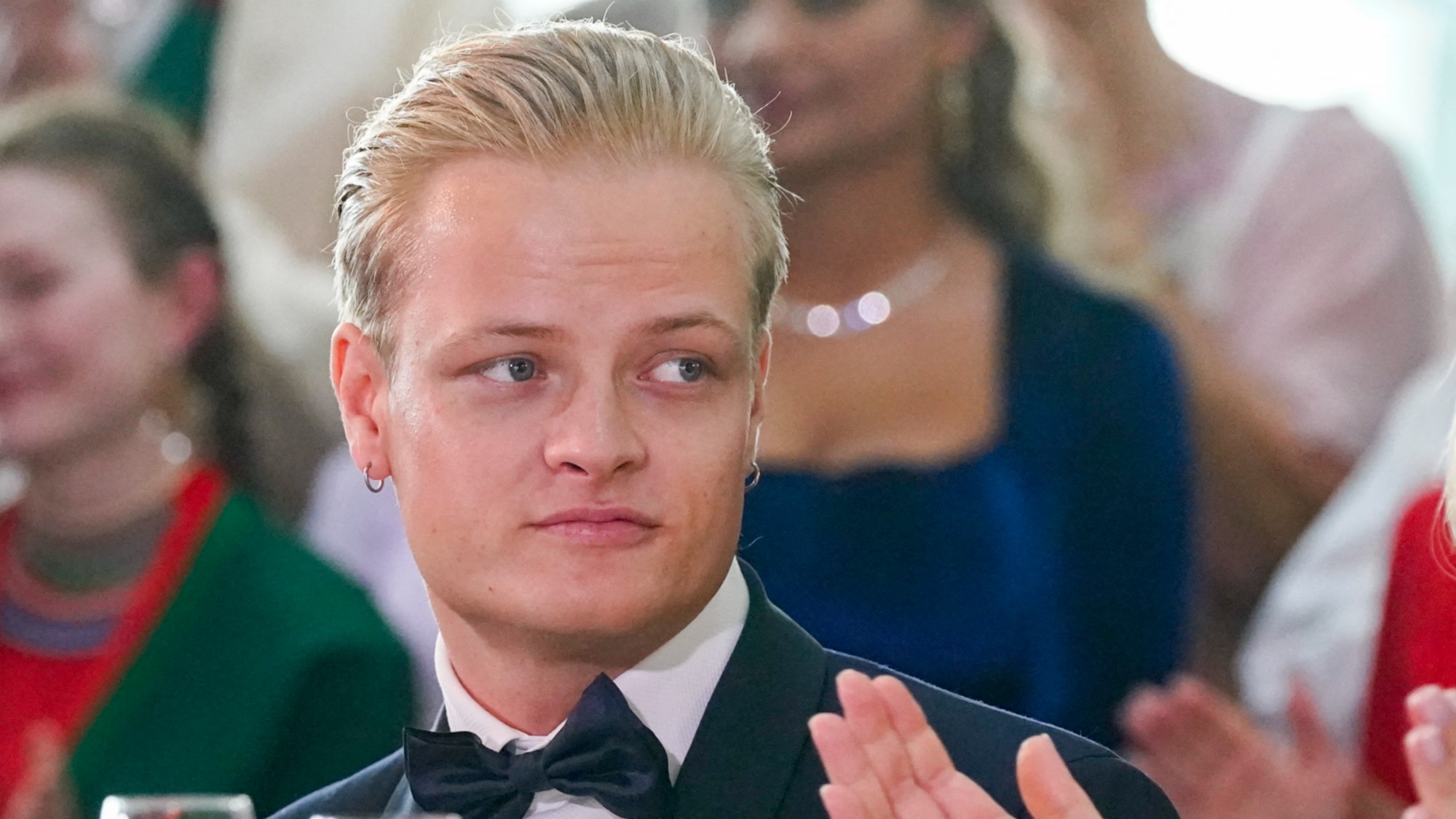 Norway’s scandal-hit royals
Norway’s scandal-hit royalsIn the Spotlight Rape trial of Marius Borg Høiby, son of the crown princess, adds to royal family's ‘already considerable woes’
-
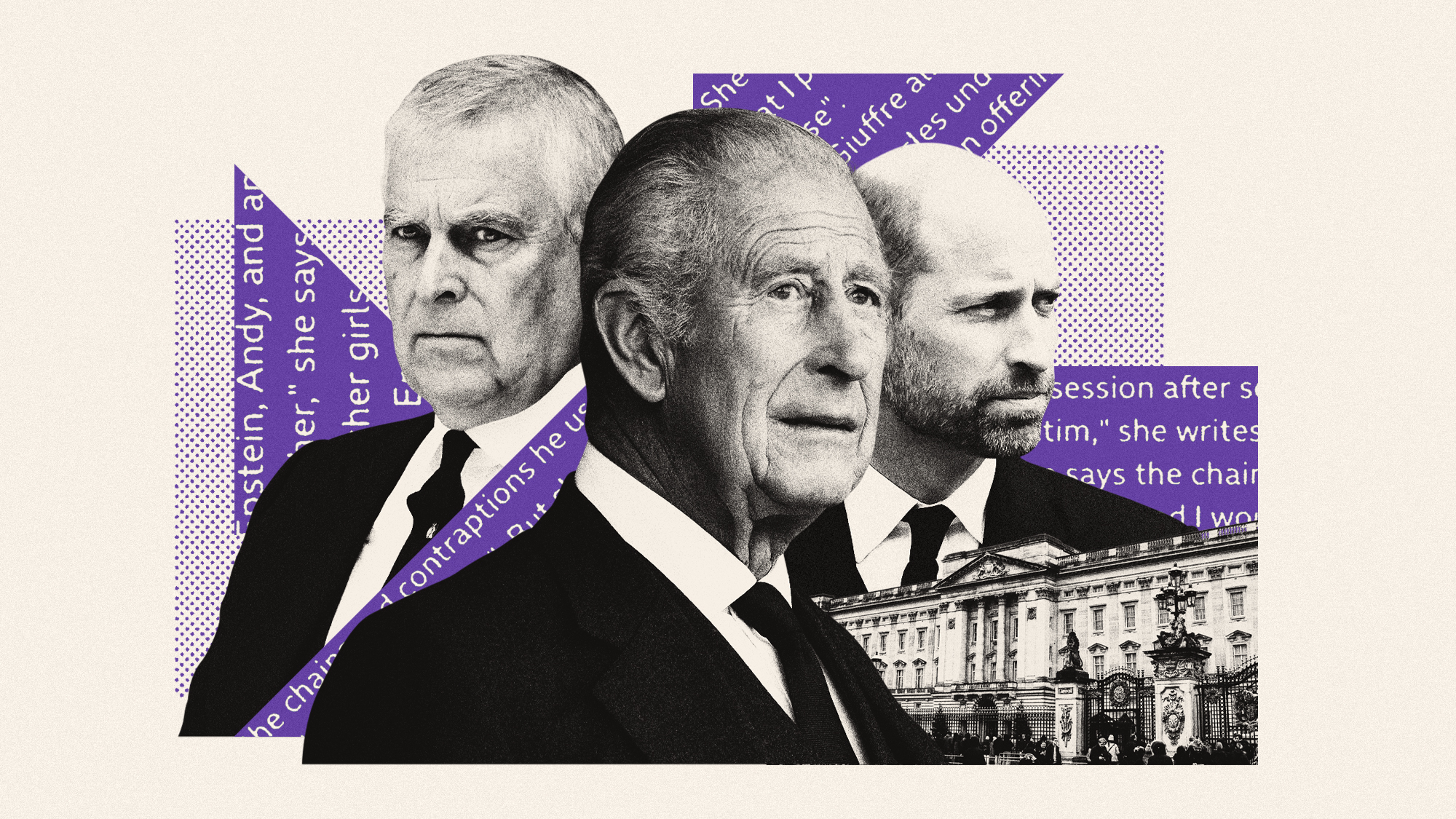 Prince Andrew: is the royal family doing enough?
Prince Andrew: is the royal family doing enough?Today’s Big Question King Charles faces calls for tougher action against Andrew after latest allegations about Virginia Giuffre and Jeffrey Epstein
-
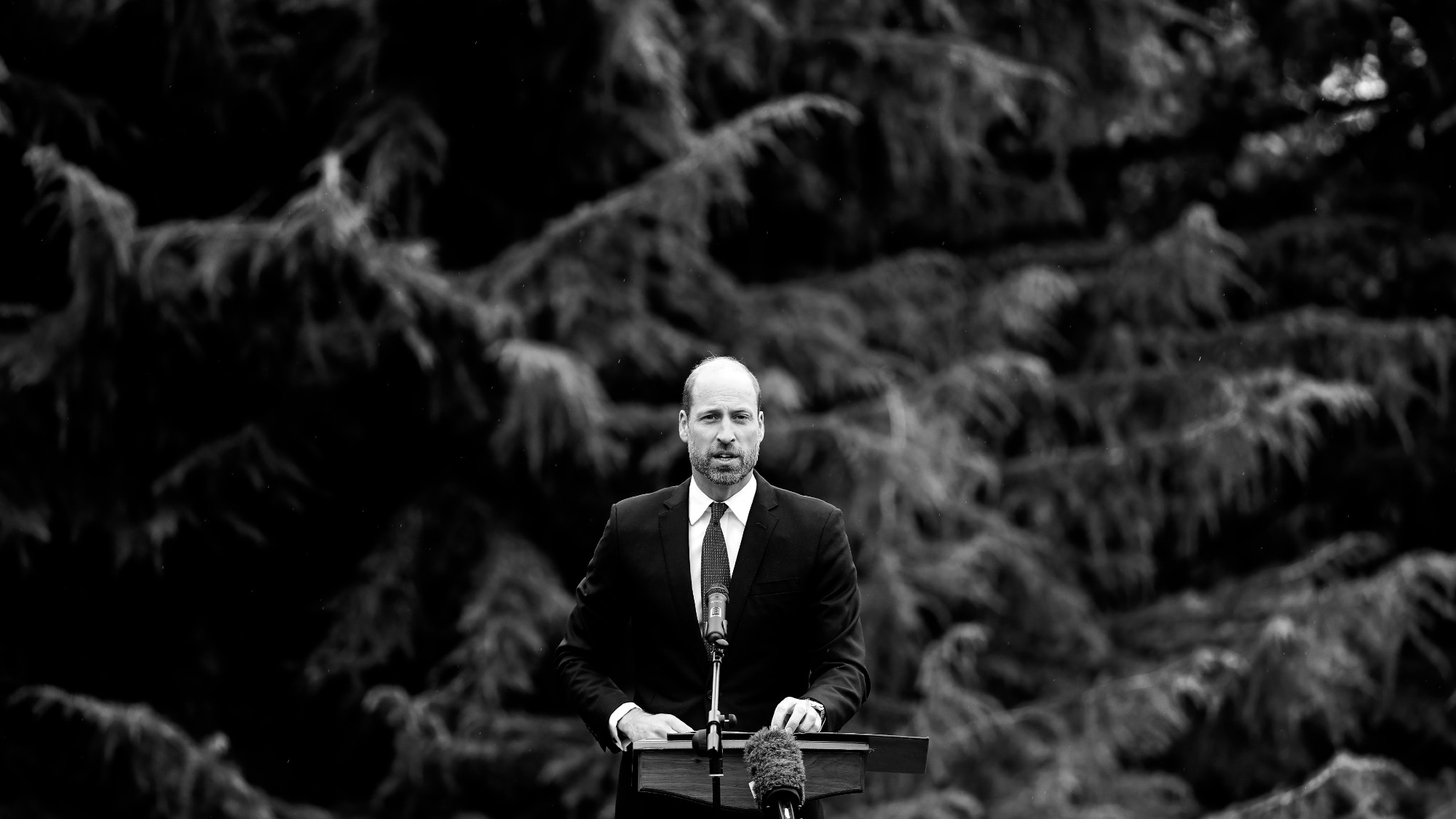 What will William be like as king?
What will William be like as king?Today's Big Question Prince of Wales said he won’t be ‘restricted’ by history when he takes the throne
-
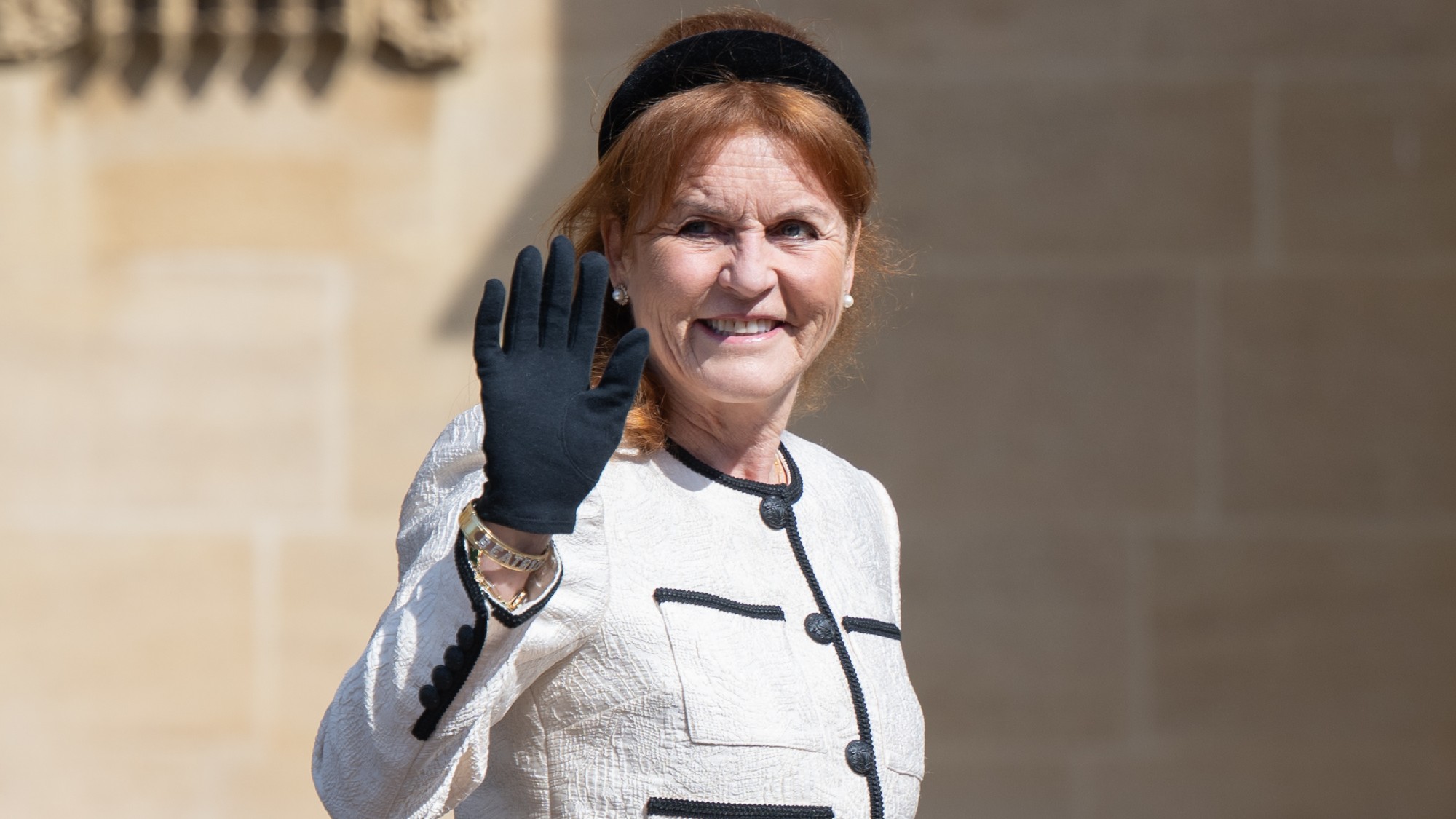 Sarah Ferguson: a reputation in tatters
Sarah Ferguson: a reputation in tattersIn the Spotlight After emails surfaced revealing ties to Jeffrey Epstein, weeks after she claimed to cut contact, her charities are running for the hills
-
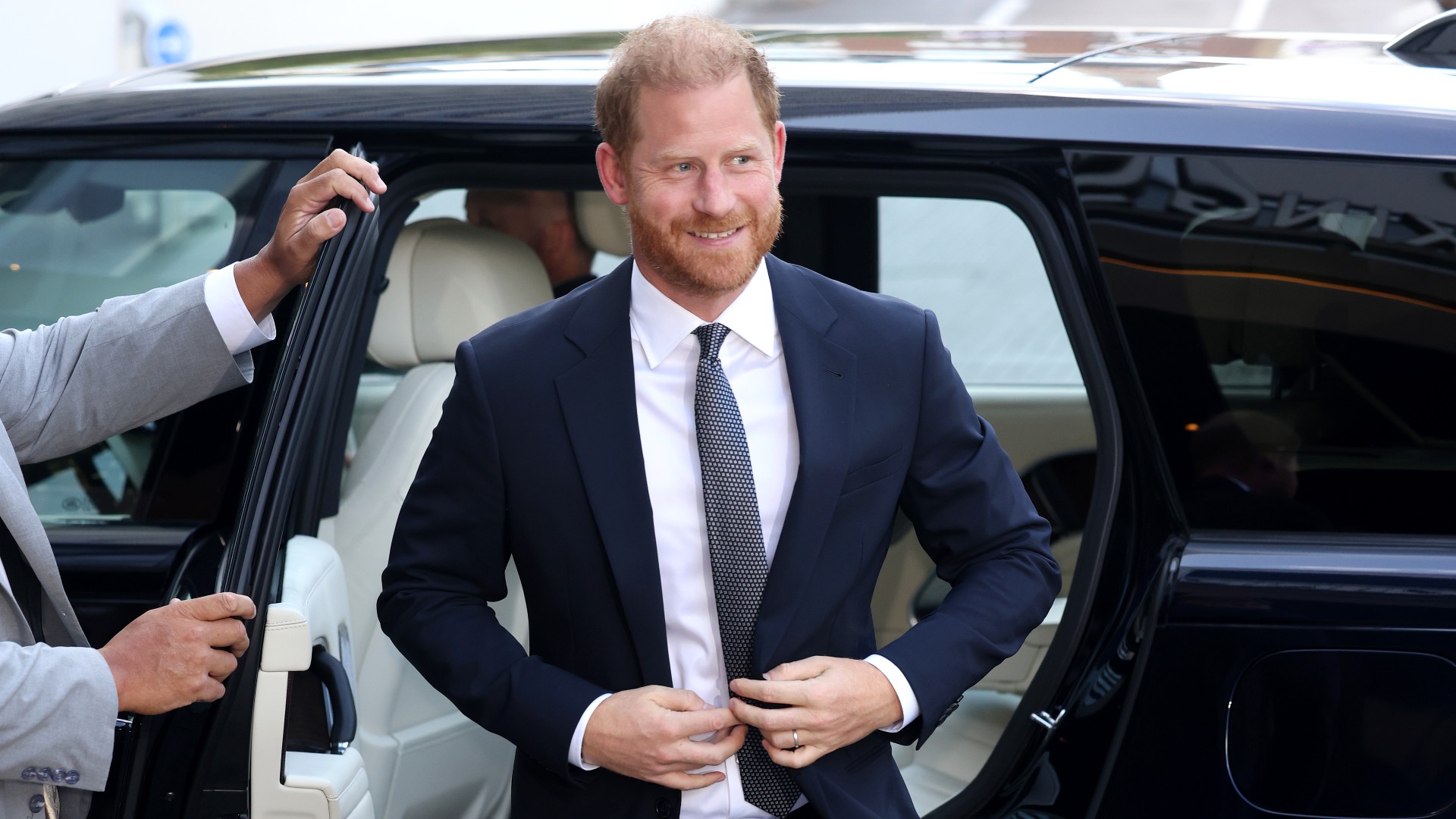 Prince charming: Harry’s tea with King sparks royal reconciliation rumours
Prince charming: Harry’s tea with King sparks royal reconciliation rumoursTalking Point Are the royals – and the UK public – ready to welcome the Duke of Sussex back in?
-
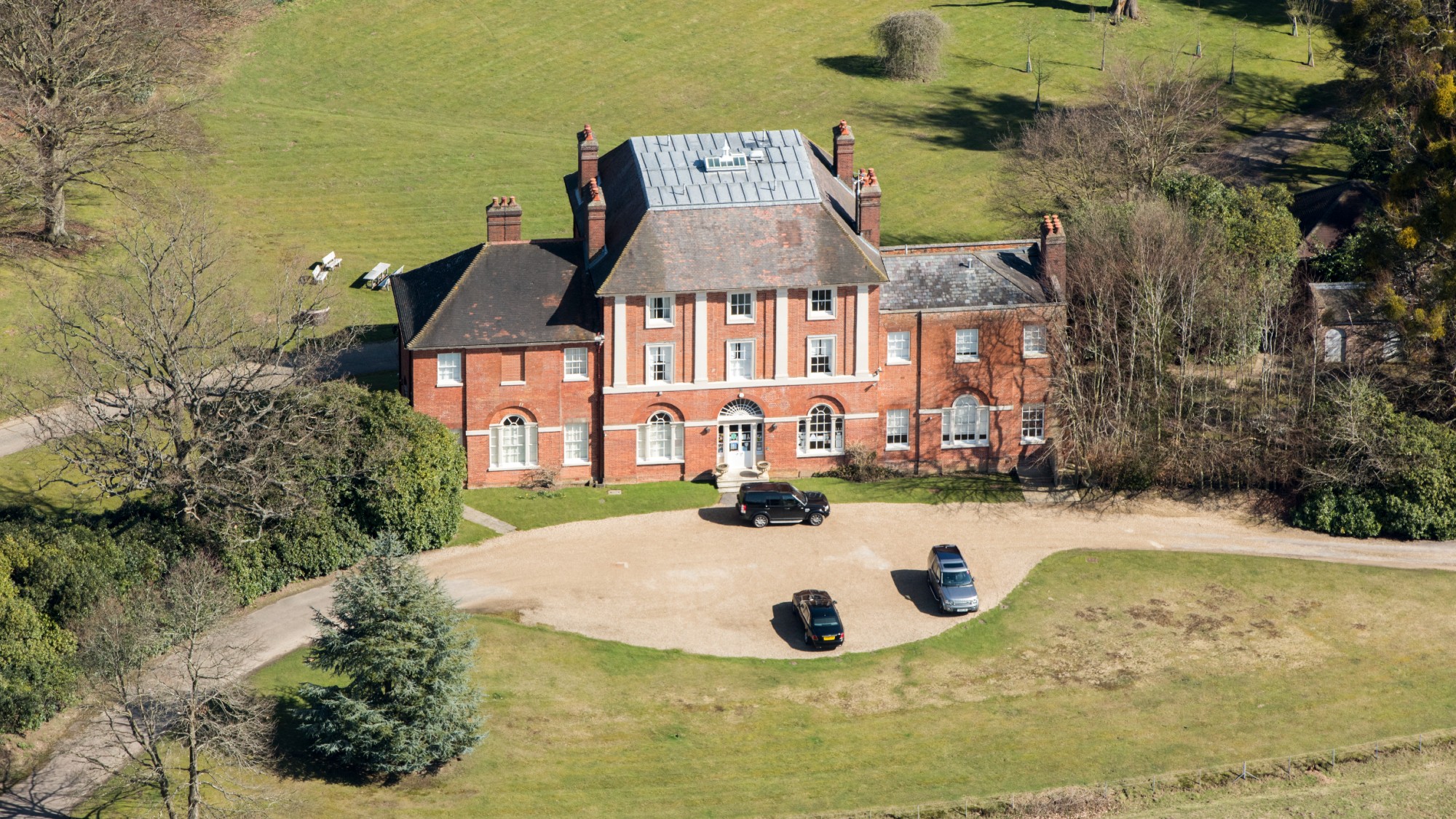 Forest Lodge: William and Kate's new home breaks with royal tradition
Forest Lodge: William and Kate's new home breaks with royal traditionIn the Spotlight Wales' said to hope move to 'forever home' in Windsor Great Park will 'leave unhappy memories behind'